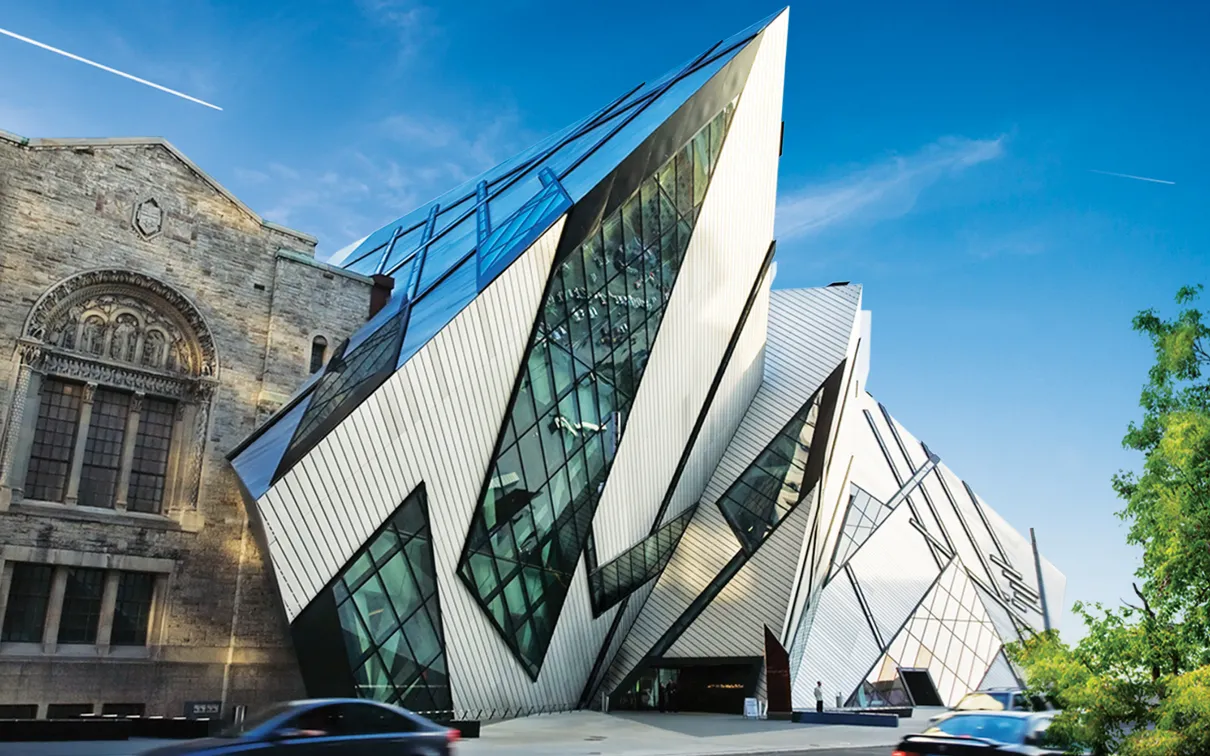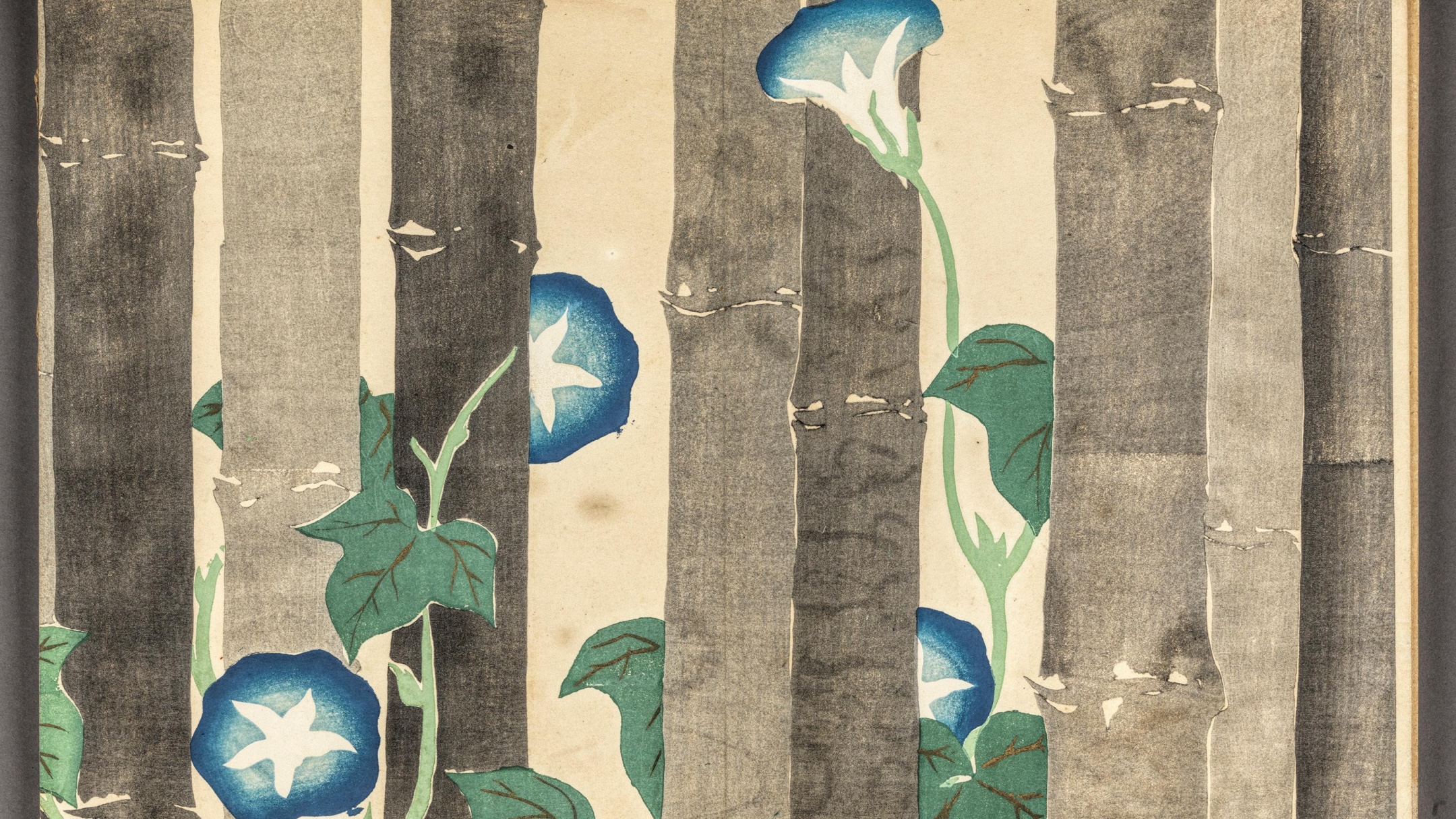Catastrophe! Ten Years Later: The Looting and Destruction of Iraq's Past
Published
Category
Press Release
NEWLY EXTENDED TO SUNDAY, FEBRUARY 2, 2014

Background
The looting of Baghdad’s Iraq Museum in April 2003 during the Iraq war shocked the world. Priceless antiquities were stolen or destroyed, devastating one of the world’s most important museums of ancient culture. An extensive database, accessible to international researchers, had been developed and maintained by the museum. The destruction of these records was a great blow to world scholarship. Looting was not confined to this one prominent site. During the Iraq war, numerous of the country’s archaeological sites were ransacked with artifacts either stolen or destroyed.
Dr. Clemens Reichel, Professor of Mesopotamian Archaeology at the University of Toronto, Associate Curator of Ancient Near East in the ROM’s Department of World Cultures, and ROM curatorial representative for Mesopotamia has just returned from a research trip to Iraq. He is pleased that the ROM commemorates this event by hosting Catastrophe! in tandem with Mesopotamia, saying “The exhibits complement each other well: Mesopotamia conveys the splendour of this ancient culture while Catastrophe! reminds us of the dangers to which it remains exposed.” The topic is close to Reichel’s heart. Following the 2003 looting in Iraq, Reichel, a Research Associate at the Oriental Institute, coordinated the creation of a web-based database. This tool aided international law enforcement officials in the recovery of some of the stolen artifacts.
Exhibition
In creating this award-winning exhibition, Chicago’s Oriental Institute strove to educate the public on the devastation of Iraq’s cultural heritage. Catastrophe: The Looting and Destruction of Iraq’s Past debuted at the Oriental Institute in April 2008. A travelling version was presented at a number of international venues upon its Chicago closing. To mark the tenth anniversary of the museum’s looting, the Oriental Institute’s McGuire Gibson and Katharyn Hanson updated the display’s content. This revised presentation premieres at the ROM. Serving as a reminder that Iraq’s cultural heritage is still under threat, no artifacts are displayed. Text and images powerfully communicate the war’s tragic effects and the continued impact on Iraq’s cultural, archaeological, and heritage sites. Six sections comprise the show, providing background and context: Introduction; The Museum; Archaeological and Heritage Sites in Iraq; The Importance of Archaeological Context; Looted Artifacts; and What Has Been Done: What Can be Done? Protecting the Past.
Other Information
In conjunction with the engagements of both Catastrophe! and Mesopotamia, a lecture series features internationally respected scholars addressing the exhibition’s numerous themes and concepts. On October 19 and 20, a symposium hosts renowned speakers engaging in lively dialogue around the issues of looting in Iraq and the long-lasting impact on its cultural heritage. The symposium’s key note event is a discussion between Colonel Matthew Bogdanos, a US Marine Officer and author of the acclaimed Thieves of Baghdad (2005) and McGuire Gibson, Professor at the University of Chicago’s Oriental Institute, one of the world's leading authorities on ancient Mesopotamia and the co-curator of Catastrophe! A publication of the same name accompanies the exhibit. Co-edited by Geoff Emberling, former Museum Director, Oriental Institute, and Katharyn Hanson, the book is on sale in the ROM Boutique, and includes chapters by Gibson, Clemens Reichel, and the late Donny George, the former Director of the Iraq Museum who tried to stop the looting, then championed the efforts to return stolen artifacts to Iraq over the ensuing years.
ROM Ancient Cultures
ROM Ancient Cultures is the Museum’s newest Centre of Discovery. ROM Ancient Cultures seeks to be recognized globally as an essential destination for making sense of how past societies inform our lives and help us plan for the future. This Centre provides a focal point for research, programs and activities related to Ancient Cultures and Archaeology at the ROM and in the community. Follow @ROMAncient on Twitter.
This exhibit was developed, written and produced at the Oriental Institute of the University of Chicago.


